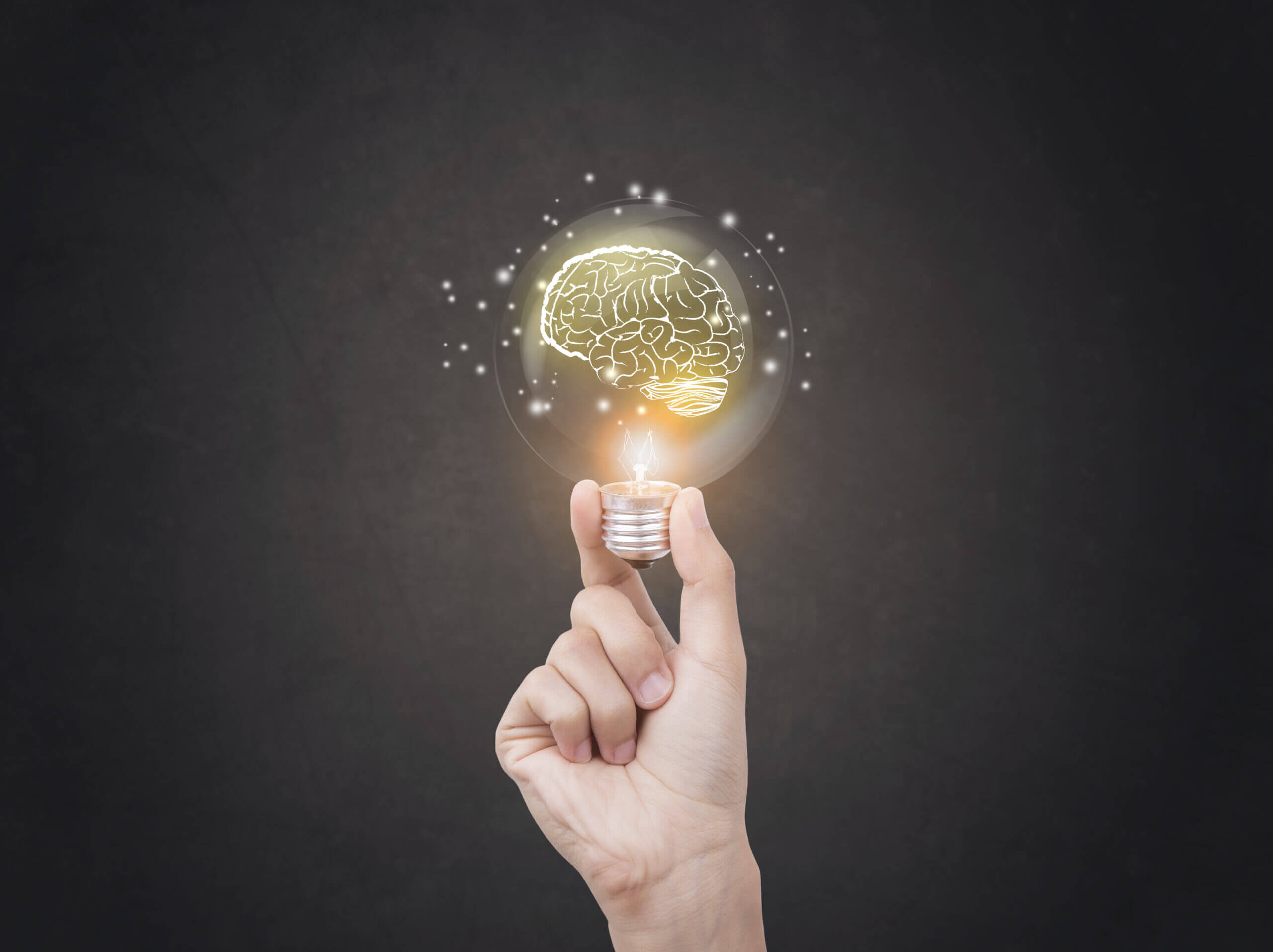Learning is a physiological process based on consistent principles. When we learn to play the piano or speak a foreign language, we need to practice, repeat it over and over again, and train ourselves. Repetition is essential for creating long-term learning effects. However, it’s important to note that all training is temporary in nature, and usually, training does not have a lasting impact even years after we stop practicing. If that were the case, we would expect that if we trained for a year at the age of 12 to play a Beethoven composition on the piano, then at the age of 30, we would be able to play it flawlessly as if 18 years hadn’t passed.
Similarly, we walk several times a week to maintain our physical health. Knowing how to walk is not enough; training is what matters because it engages the body in a beneficial way. Generally, what doesn’t continue to happen is lost, such as information that hasn’t been used for a long time, muscle loss from neglecting strength training, or losing balance because we stopped receiving therapeutic treatment for a chronic condition. The strength of training lies not only in achievements but in the activation itself.
What is the appropriate duration for brain exercises?
Several studies have shown that even a few weeks of training with occasional reinforcement can have an impact on cognitive measures after a decade. This suggests that even if we stop training, there will likely be some evidence of its effects. Of course, we don’t take into account the life events and varying time factors that differ from person to person and cannot be predicted in advance. Ultimately, habit is a habit, and it’s important to develop new and healthy habits for the beautiful years of the third age. And why not train? We now have more time to take care of ourselves.
What about the ability to learn?
Scientific studies show that learning is possible at any age, albeit in different ways and at different rates, and it continues throughout life. Learning processes occur within the biological context of brain changes at different ages. Learning involves two stages: expansion and consolidation. In the first stage, behavior improves, there is an increase in the volume of gray matter in the brain, the creation of new nerve cells, changes in connections between neurons, and the activation of support cells that enable these changes. In the second stage, there is consolidation of gray matter, nerve cells, and support cells for stability.
How can we strengthen learning?
Learning is strengthened under certain conditions, such as when we make mistakes, encounter something new or surprising, practice in a different context, i.e., when we take exercises and strategies into our daily lives. Transferring from one domain to another, from the computer to reality, embeds learning through usage. It’s important to note that all training and learning depend on individual factors, such as motivation, attention, emotional state, and overall well-being. Therefore, finding the right approach and maintaining a lifelong learning mindset can greatly enhance cognitive abilities and overall quality of life.
bok, G. W., Ball, K., Guey, L. T., Jones, R. N., Kim, H. Y., King, J. W., … & ACTIVE Study Group. (2014). Ten‐year effects of the advanced cognitive training for independent and vital elderly cognitive training trial on cognition and everyday functioning in older adults. Journal of the American Geriatrics Society, 62(1), 16-24.
Wenger, E., Brozzoli, C., Lindenberger, U., & Lövdén, M. (2017). Expansion and renormalization of human brain structure during skill acquisition. Trends in cognitive sciences, 21(12), 930-939.



